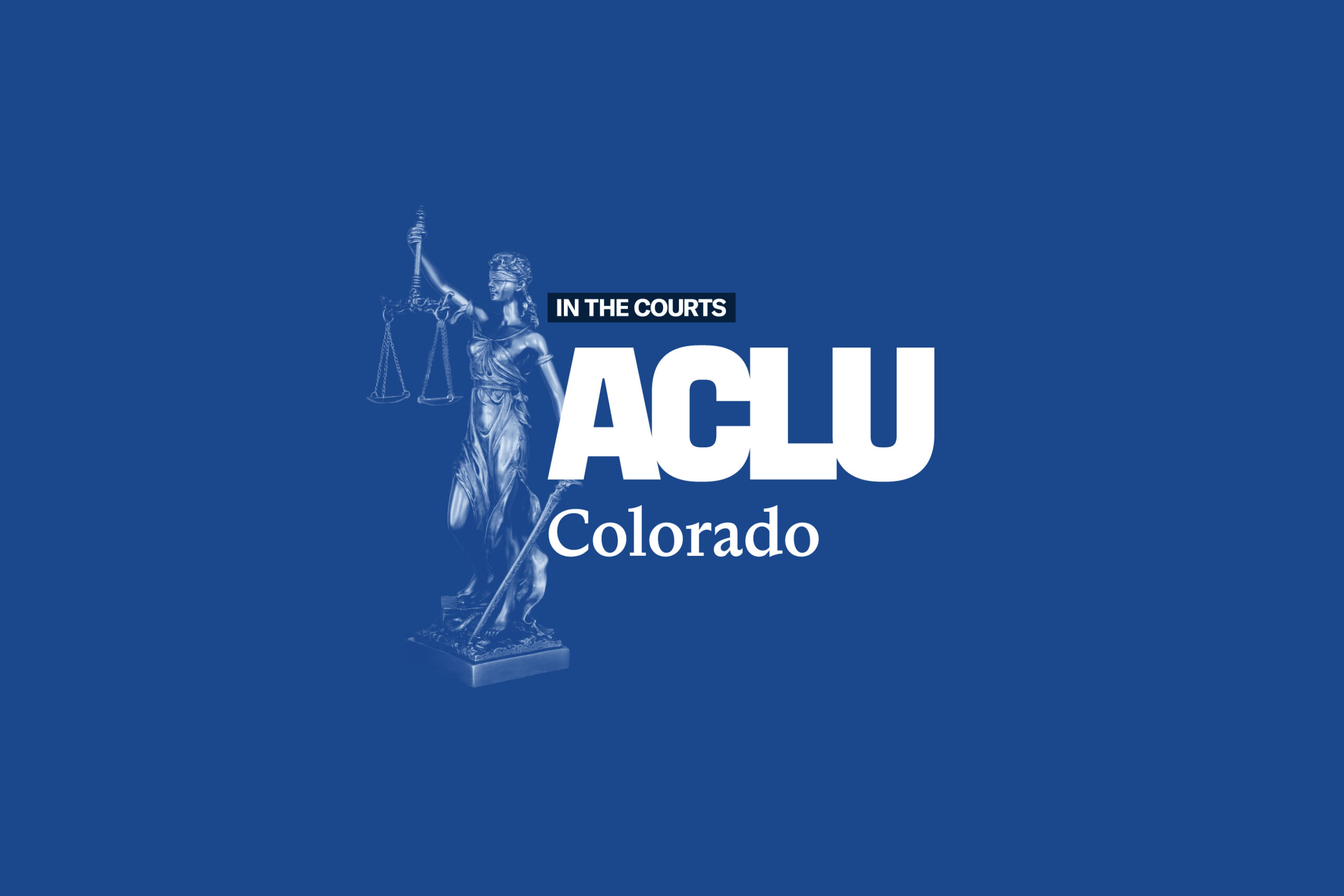National Public Radio, Inc., et al., v. Donald Trump, et al. (Amicus)
- Filed: June 24, 2025
- Status: In federal trial court
- Court: U.S. District Court for the District of Columbia
- Latest Update: Jun 20, 2025

Stay Informed
Sign up to be the first to hear about how to take action.
By completing this form, I agree to receive occasional emails per the terms of the ACLU’s privacy statement.
By completing this form, I agree to receive occasional emails per the terms of the ACLU’s privacy statement.
